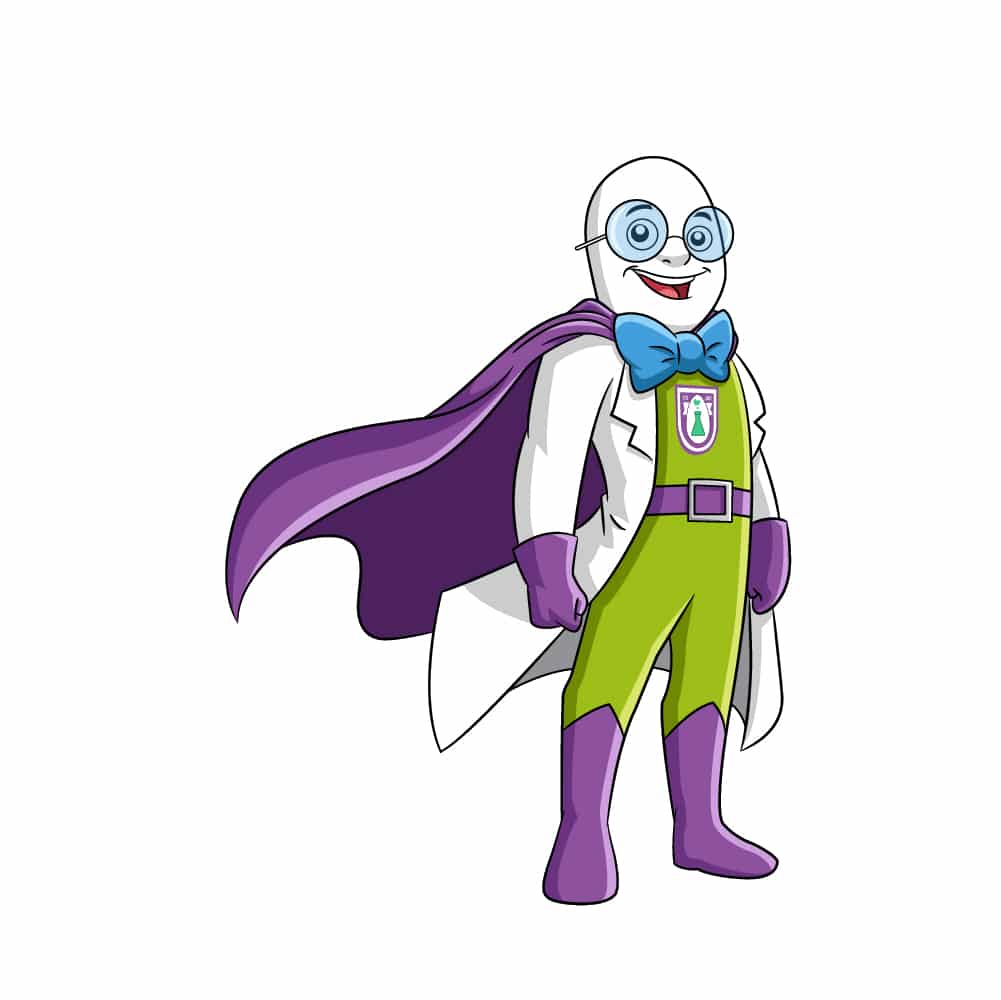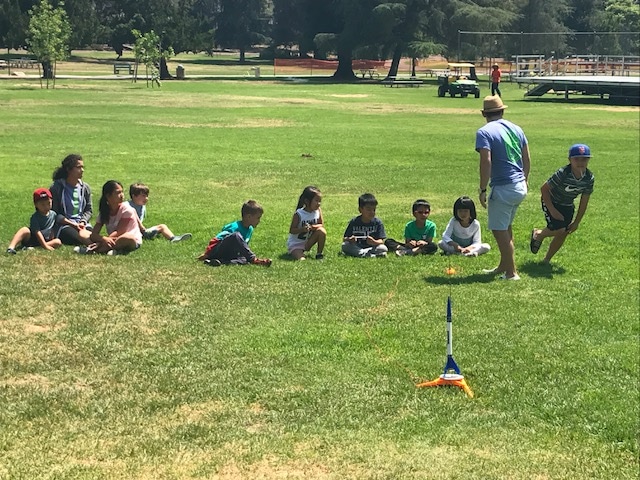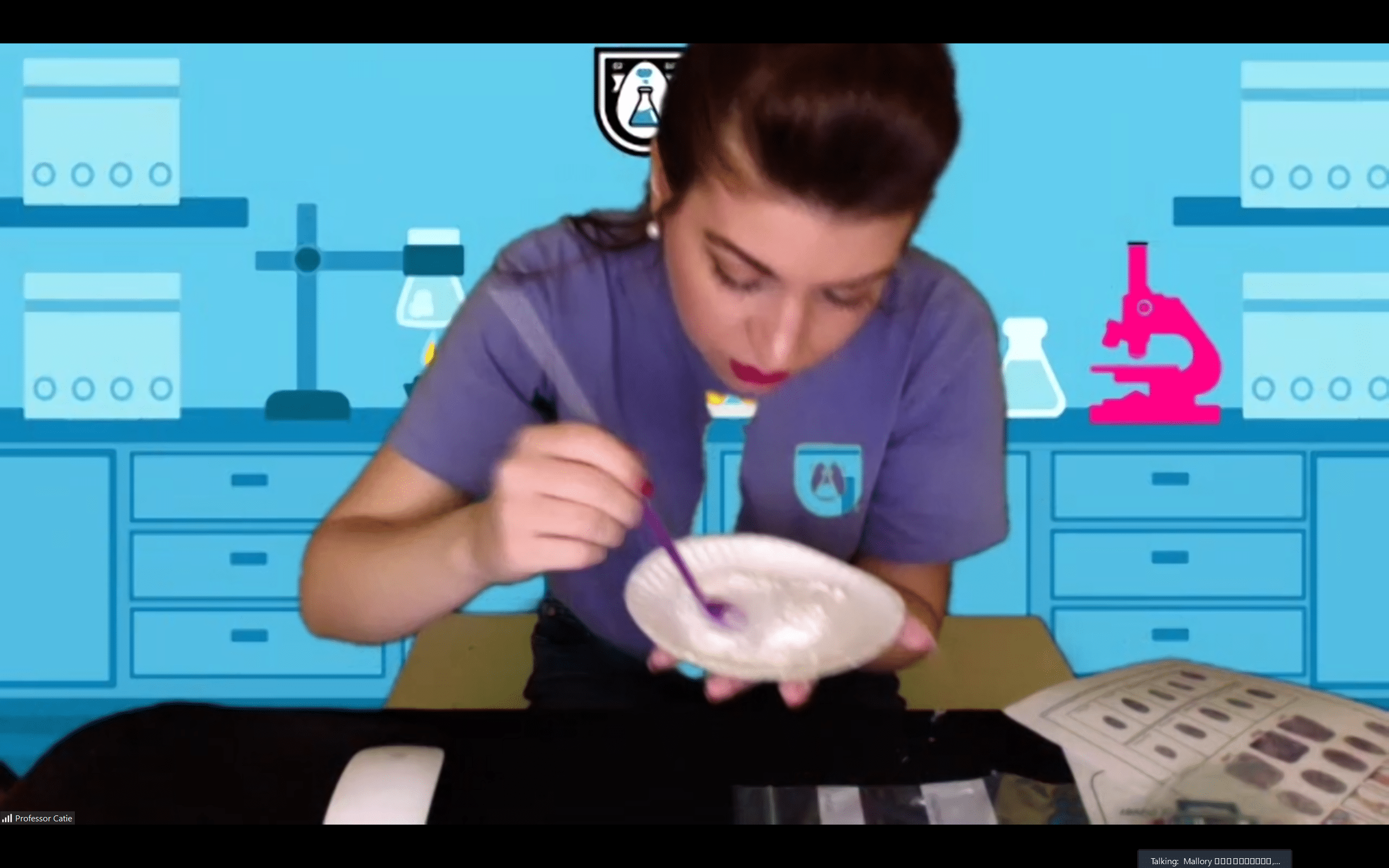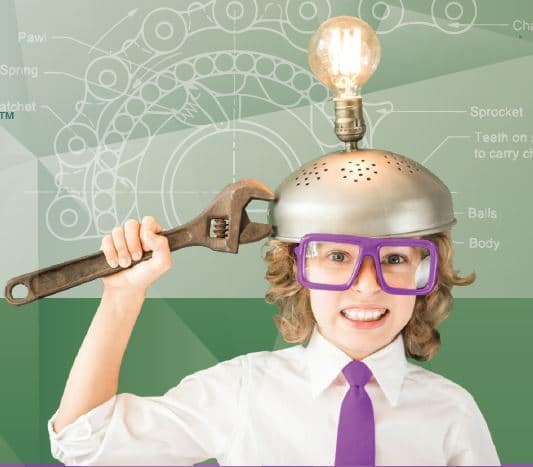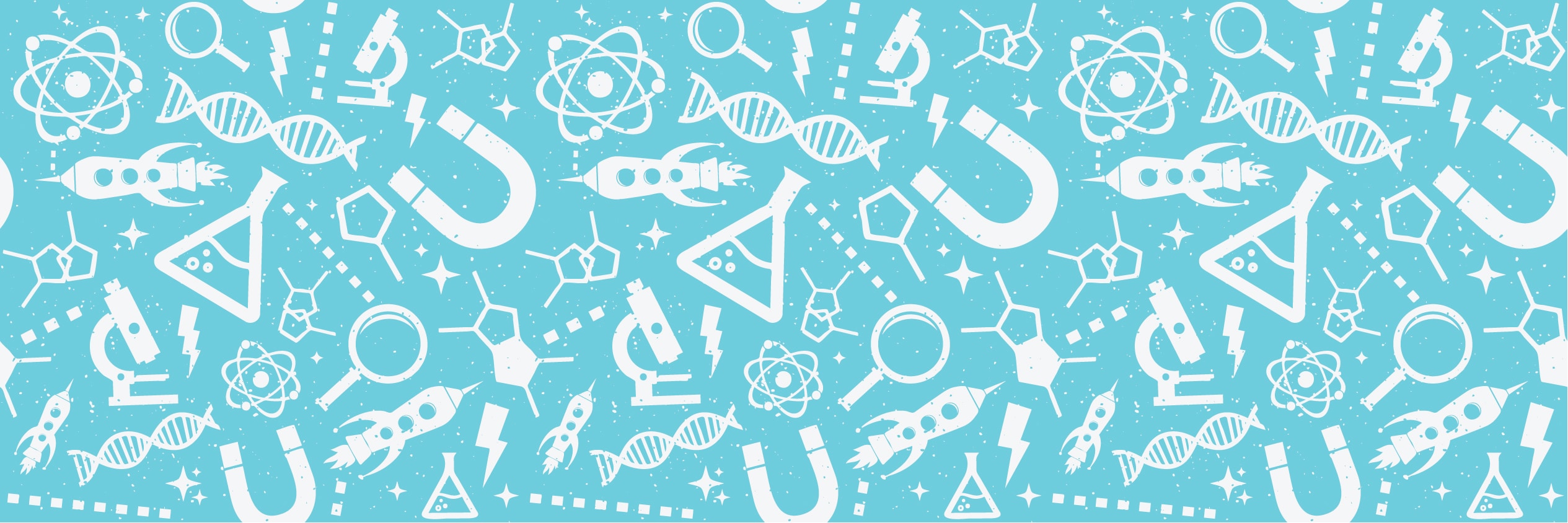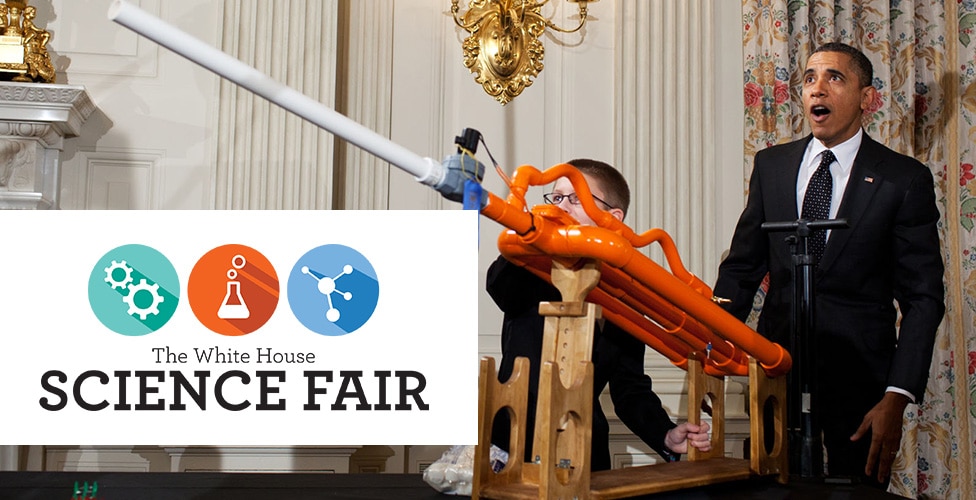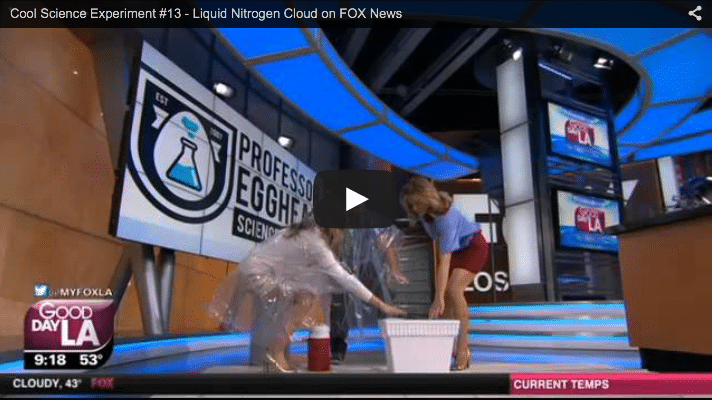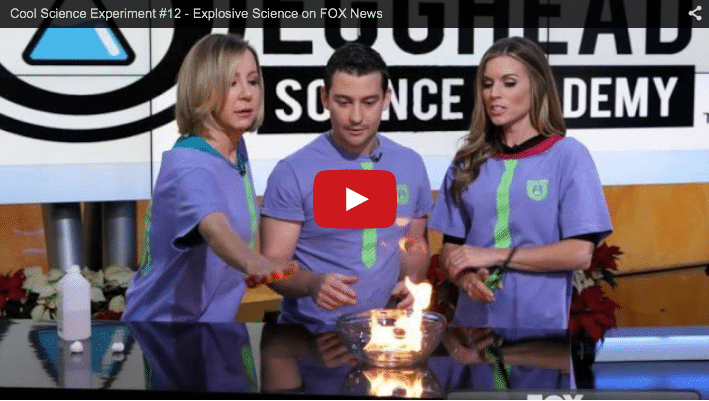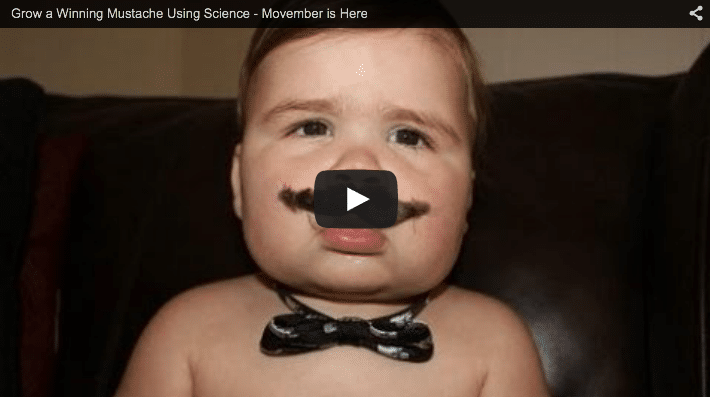Learning Pods are popping up everywhere, and they offer a great way to provide a safe and effective science education for kids, but they can be difficult for many parents to navigate.
Science and STEM jobs are expected to grow faster than other jobs in terms of availability and accessibility, but also are expected to pay more than median jobs. So how do you give your students the tools for success in a STEM career? It starts in elementary school, with a strong foundation in science.With a Learning Pod comes an opportunity to take control of your child’s science education and give them the tools needed for success when they go back to school, and even give them a leg up in middle school, elementary school, or their future career.Ninety-three out of 100 STEM occupations had wages above the national average
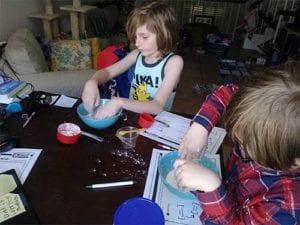
But What Makes a good Science Pod Teacher?
There are 4 components that make up a great at-home science education, whether you choose to hire a teacher or teach yourself. Those 4 components are a piece of cake, literally
CAKE
C urriculum
A daptation
K nowledge
E nergy
Curriculum
All curriculum is not created equal, and any good STEM chould do the following:
- Satisfy Current Next Generation Science Standards (NGSS) for the appropriate grade level.
- Involve Kinesthetic Learning, or learning by doing. The majority of the content of the curriculum should be hands-on for grades PK-3.
- Fun: There is no reason students shouldn’t enjoy learning, and they might not even realize that they are learning.
- Contains minimal worksheets and textbook learning
NGSS standards can be researched here at the official website of Next Generation Science. The easiest way to find your appropriate standard is to search by grade. Any Pod teacher that you hire should be familiar with the next generation science standards and be able to tell you that their curriculum hits on the appropriate grade level standards.
adaptation
The success of your students' learning will depend on their teacher's ability to adapt to them and how they learn best.
Every student is different, and without a long history of knowing your child, it will be important for any new teacher to quickly adapt to their learning style and personality. Hiring someone to teach your pod who is rigid and unflexible, and teaches in one single way probably won't be a good fit! Look for someone who seems adaptable and who tailors their teacher to the student specifically.
Tell your potential Pod teacher about your student. Start with these things:
- Their Age and Ability: Are they ahead of the curve, or maybe struggling a bit?
- Their Learning Style: Do they learn by hearing or doing or seeing?
- Their Likes and Dislikes: Do they like getting messy? How about loud noises?
- Their Specific Science Interests: Are we looking more for astronomy, or more for biology?
- Their personality: Are they loud and energetic, or quiet and a bit shy until they get out of their shell?
Ask the teacher how they can adapt to these. If they don't specifically mention how they can adapt to them, it's probably not a good fit. Look for someone who can match your student for the highest chances of success.
Knowledge
With the advent of Pandemic Pods have come many websites marketing matchmaking for parents trying to locate teachers. While many teachers might have very basic science knowledge, unless they are armed with great training and a strong curriculum.
How many of these statements would you be able to correctly answer, and no peeking!
- Is there Gravity in Space?
- Why does a feather fall faster to earth than a feather?
- Is there a dark side of the moon?
The answer to these questions is..
1) Yes, there is gravity everywhere, even in space, but the effect of Earth’s gravity on you is much weaker in space, so you’d be pulled toward the other less and less the further away you get.
2) The feather falls faster only because of air resistance - in a vacuum, or with no air, they would fall at the same speed. This experiment was done on the moon and proved to be true!
3) No, there is no dark side of the moon - both sides get light at different times of the month. We only ever see the same side though, so you could say there is an “earth side” of the moon!
The average person makes a lot of mistakes with regards to even basic science facts.
Matching with any teacher, and not one specifically trained to teach science with the basic knowledge needed is very harmful to your student’s science education, as it is very likely they are learning incorrect material and facts.
ENERGY
Energy is unbelievable important in a science teacher. Science is about pops and fizzes and exporation and discovery. Finding a teacher who can get excited in the same way we did as kids about baking soda vinegar volcanoes is one of the best things you can do when searching for a Pod teacher for science.
The good news is that it's easy to tell if someone has energy because you can hear it in their voice.
- Do they sound excited? Can you hear energy when they talk to you?
- Are they telling you about their love of science, or just rehearsing their script and experience as a teacher
- What is their favorite science fact?
Look for these things, and avoid anyone who is not energetic.
C A K E
By following CAKE and looking for CURRICULUM, ADAPTATION, KNOWLEDGE, AND ENERGY, you'll be setting yourself up for a rock solid science education for your chid, and unlocking the door to a successful future in science.
Professor Egghead Science Academy offers hands-on, no fluff science that does all of this, and more! Our PODSCIENCE Classes deliver a hands-on, high quality experience in Los Angeles.
Click below to subscribe to our newsletter or find out more information on a learning pod near you, taught by Professor Egghead.
If in person isn't your style, check out our distance learning classes for an online science education to set them on the path to success.

